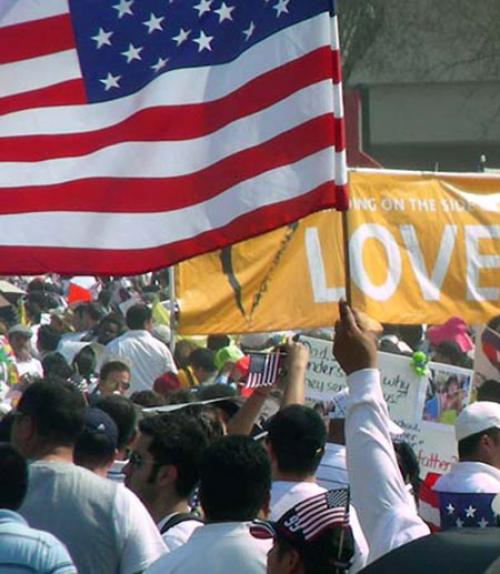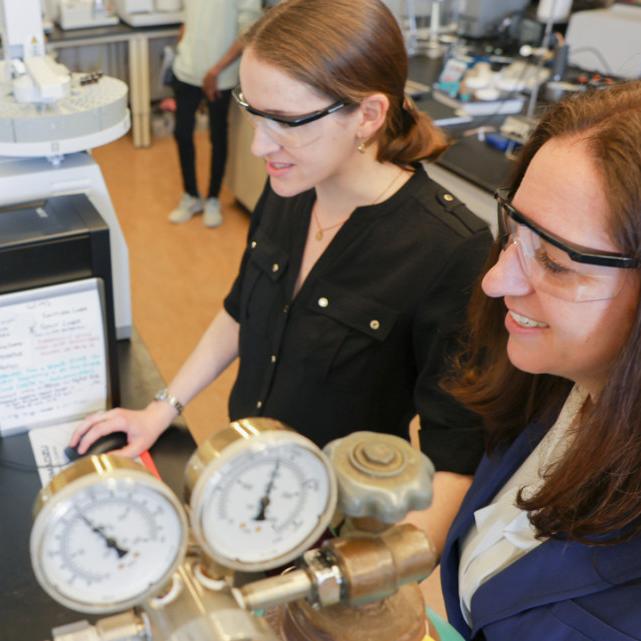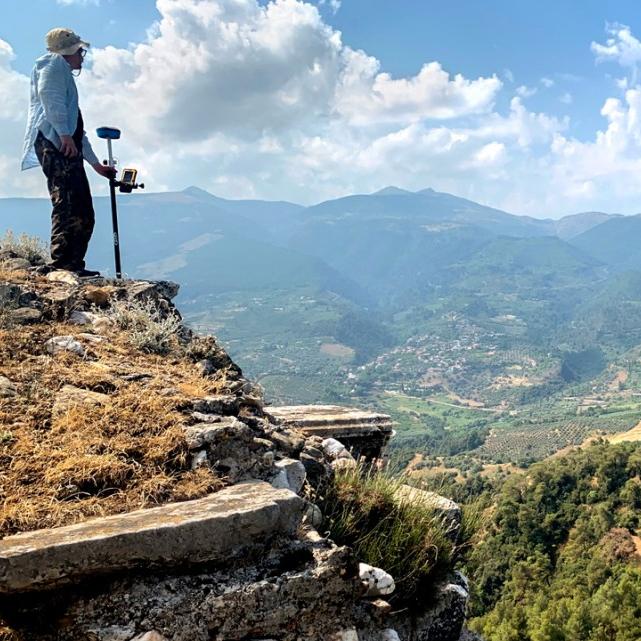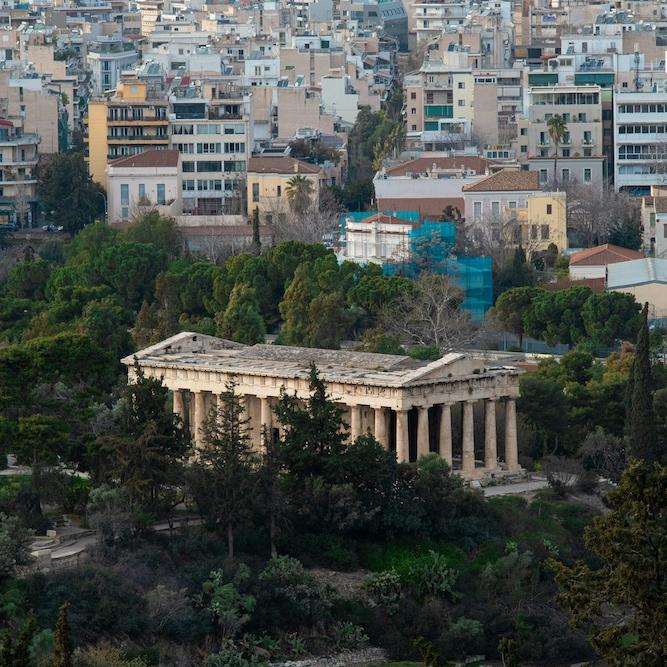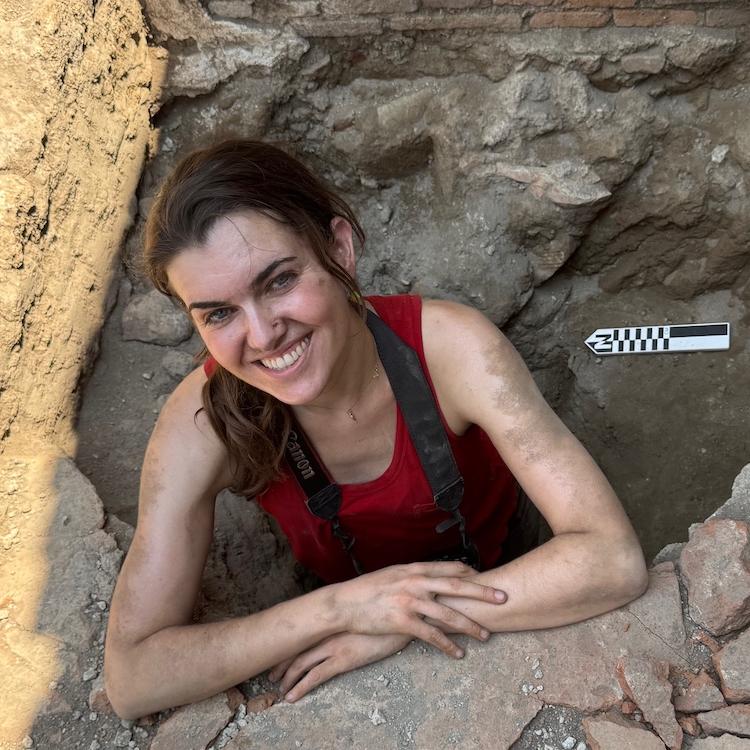
 Department Homepage
The College of Arts & Sciences
Department Homepage
The College of Arts & Sciences
Historian examined today’s populist revolt in April 23 talk
In what seems to be a new age of populism, what does history tell us about elites and the will of the masses? Public intellectual and renowned military historian Victor Davis Hanson will address these issues in his talk, “Populist Revolt: Everything Old is New Again,” April 23 at 5:15 pm in Cornell’s Bio-Tech Building, G10
